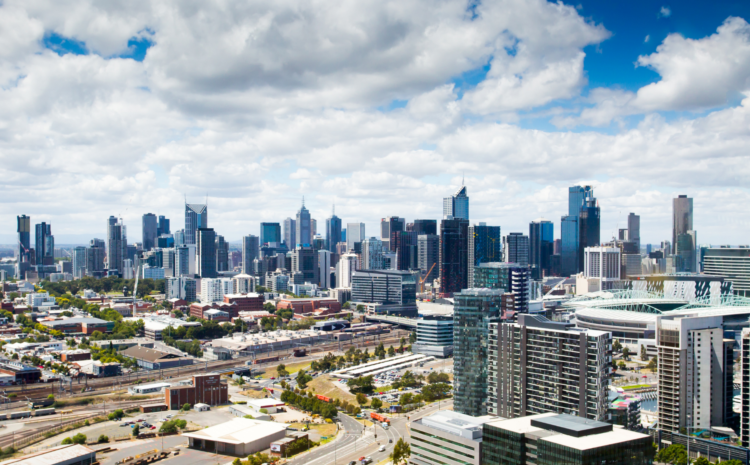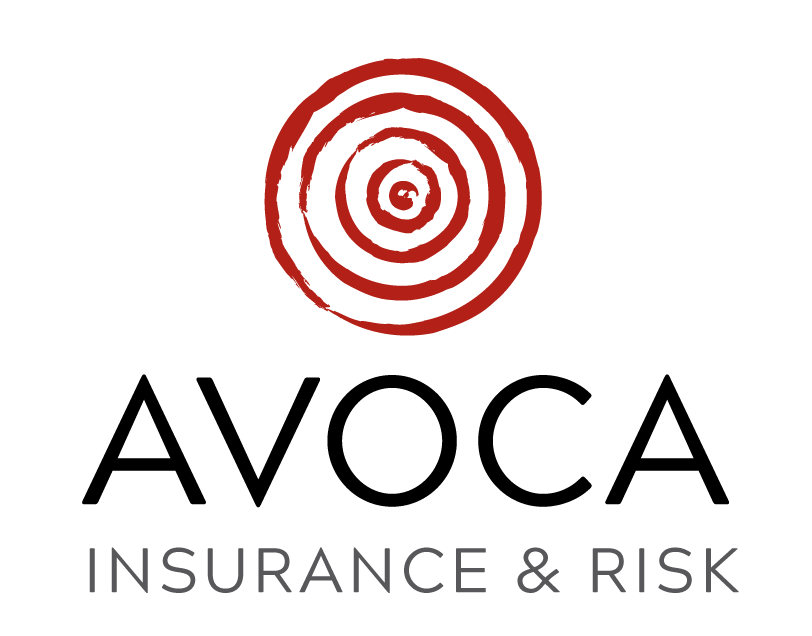
Must-knows about Protecting your Investment
Know-how investors typically take out landlord insurance to cover:
- The building (to cover damage due to fire, theft, storms, etc, as well as their own contents which often come with the property such as curtains, carpets, blinds ,and light fittings)
- Their tenant’s deliberate damage to your property
- Public liability and legal costs
- As an optional extra, loss of rent through tenant default, for example, and even Short-term rentals.
Landlord insurance, though, won’t cover you for wear-and-tear on your property, and although your tenants will pay a bond for any potential damages they cause, the payment won’t go far.
- Just because your property isn’t tenanted doesn’t mean it shouldn’t be insured
Don’t take a risk and only insure your property when it’s tenanted!
You could be liable should someone be injured, or their property damaged, when they’re on your rental property, whether or not it’s tenanted. For example, if a prospective tenant visits the premises and has an accident there, you could be up for a claim costing thousands, if not millions, of dollars.
- Pets and change of locks aren’t necessarily covered
You might have agreed to the tenant having pets thinking it’s an incentive to get a lease signed. Or maybe the tenant has pets but hasn’t told you.
Check with us on whether your policy covers damage caused by pets – such as smells, scratched floors or doors, gnawed fixtures or furnishings, or even tainted carpets. You can add such damage to your cover.
On the other hand, if a tenant decides to vacate the property and take your keys with them, be certain to change your locks – your landlord insurance won’t cover the security of your property or any future tenants!!
- You may not be covered for short-term rentals (like Airbnb)
Check with your insurer first before organising short-term rentals of your property – a higher premium may be required to cover the extra risks. Such risks include disruption to neighbours, tenants causing a public nuisance, safety issues, and possible extra wear and tear on the property. As well, your state or territory might regulate short-term rental accommodation and ask you to register, too.
Insurers need to sign off on this type of rental before you list your premises on portals, such as Airbnb.
- Your premiums may be impacted by your area
Many factors can influence the premium for landlord insurance. Your location can influence the premium for your landlord’s Insurance policy. For example, if your property is located in a flood-prone area your premiums can be high. Also if the crime rate in your area is common, then that could also lead to a high premium.
Here are some of our best tips for landlords
- Inspect your property regularly and get onto any tenant’s repair requests sooner rather than later, before the issues turn into major problems. And keep all copies of your inspection reports and photos!
- Opt for a higher excess in return for a lower premium. This can save you a lot of money, however also be prepared to pay the higher excess in the event of a claim.
- Always have a written and signed rental agreement to avoid any future disputes.
- Ensure you are getting potential tenants screened by contacting past landlords, and past and current employers, and also requesting credit reports. It’s best to choose a responsible tenant from the start.
2022 has a lot in store for the rental market, so be prepared landlords, and the more protected you will be.


